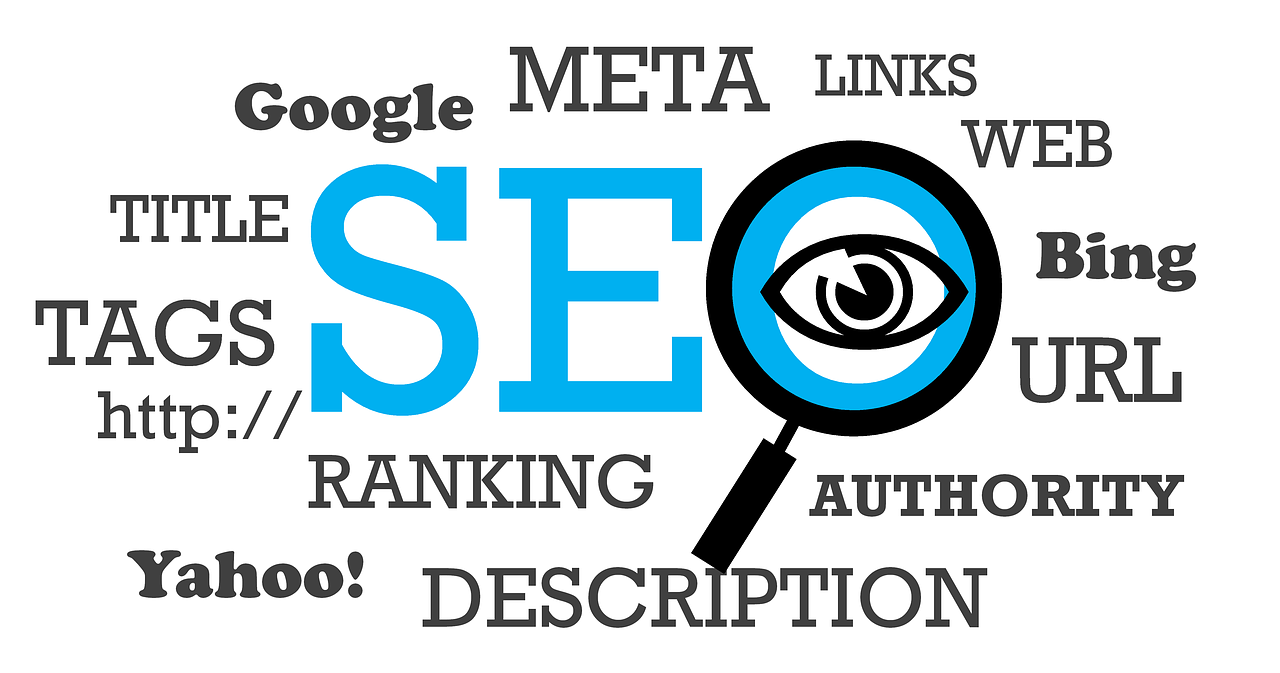
Search Engine Optimization, which means optimizing a website to improve its visibility and ranking in search engine results. The main objective of SEO is to attract more visitors to a website by making it more searches engine-friendly. This involves techniques like researching popular keywords, optimizing web pages with those keywords, and building links from other trusted websites. The ultimate goal is to increase organic traffic, enhance user experience, and achieve online success. SEO is an ongoing process that requires continuous adaptation to changes in search engine algorithms.
1. Relevant Content: Creating high-quality, relevant, and valuable content that satisfies user search queries and provides the information they are looking for.
2. Keyword Optimization: Conducting thorough keyword research to identify relevant keywords and incorporating them naturally into the website's content, Meta tags, headings, and URLs.
3. On-Page Optimization: Optimizing individual web pages by structuring content properly, using descriptive headings, incorporating keywords, and providing a positive user experience.
4. Back links: Earning high-quality back links from authoritative and relevant websites to demonstrate the website's credibility and authority in Google's eyes.
5. Mobile-Friendliness: Ensuring that the website is optimized for mobile devices, as Google considers mobile-friendliness as a ranking factor.
6. Site Speed: Optimizing the website's loading speed to provide a fast and seamless user experience, as Google prioritizes fast-loading websites.